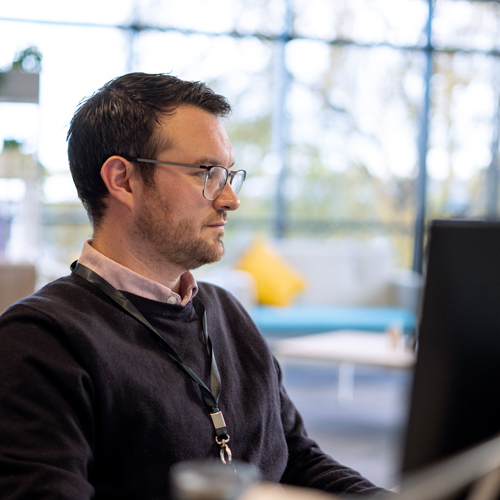Choosing the right conveyancer is not an easy task by all means. Of course going with an award-winning team is one of the best places to start, as their credibility speaks for themselves.
However, there are a few other things you can keep an eye out for. Here are a few conveyancing tips that we have put together for you.
Firstly, what does conveyancing actually involve?
Whether you are buying or selling a property, you will need a conveyancer on hand to guide you through the process. They are responsible for taking care of the legal work involved with your offer being accepted, exchanging contracts, and the final sale completion.
Here are a few things that you will need a conveyancer for:
- dealing with Land Registry
- stamp duty charges and payments
- collecting and transferring money during a house sale
- providing legal advice and recommendations
- drawing up and assessing contracts
We have even put together some useful documents to give you further information on the buying and selling process.
Choosing a conveyancer
Solicitors are able to deal with the legal work surrounding buying and selling houses, but they do not have the property expertise like a conveyancer does. This is why you are better to opt for a conveyancer, who specialises in the field of property.
Many estate agents will ‘recommend’ that you use their in-house service (which of course they are bound to!), but do not feel pressurised by this. Here are some things to look out for when choosing the best conveyancer for you:
1. Look for a company who provides a ‘no sale, no fee’ service. Not only does this mean that you won’t be out of pocket if the sale falls through, but it also acts as an incentive to the conveyancing company… they will want to speed up the process for you!
2. Find a conveyancer who provides a ‘fixed-fee service’. This means that you only pay the amount that you are originally quoted when you sign up. Preventing you being charged for any hidden extras further down the line.
3. Don’t just take price into consideration when choosing a conveyancer. The best conveyancers often aren’t the cheapest; remember they are providing an expert service. Also, if any mistakes are made you could end up paying more later on to fix these mistakes. The conveyancing process could end up costing you more in the long run, even when opting for a cheaper company initially.
4. Busy is not always best! Although a busy conveyancer is often a good thing, as it shows they come highly recommended, make sure that your conveyancer has the time for your case. It is best to be clear on your estimated exchange and completion dates at the start, so your conveyancer can schedule your case accordingly.
Conveyancing fees
These range from roughly £500 – £1500, depending on many things such as the location of your property, and the conveyancing company themselves. This fee also depends on how complex the property transaction is, and whether you are just buying, or selling one home and purchasing another.
We recommend that you choose a conveyancer who is upfront with their conveyancing fees from the start. Some charge a flat rate fee, whilst others will charge a percentage of the property’s value. It is definitely worth checking this before you get started with the process!
Latest technology
We would also advise that you choose a conveyancer who is up to date with the latest technology. This may seem like a minor detail, but remember, a conveyancer doesn’t always have to be local to you. Many use cloud-based services that allow you to track your case online, 24/7. This takes away the hassle of continually ringing your conveyancer for updates.
Fletcher Longstaff also have an online quote form, that can provide you with a conveyancing quote in only 30 seconds. Helping to make your conveyancing choice that much easier.
We hope you have found this article useful, and as always if you have any questions please do not hesitate to contact us directly. One of our expert team are always on hand to help.

